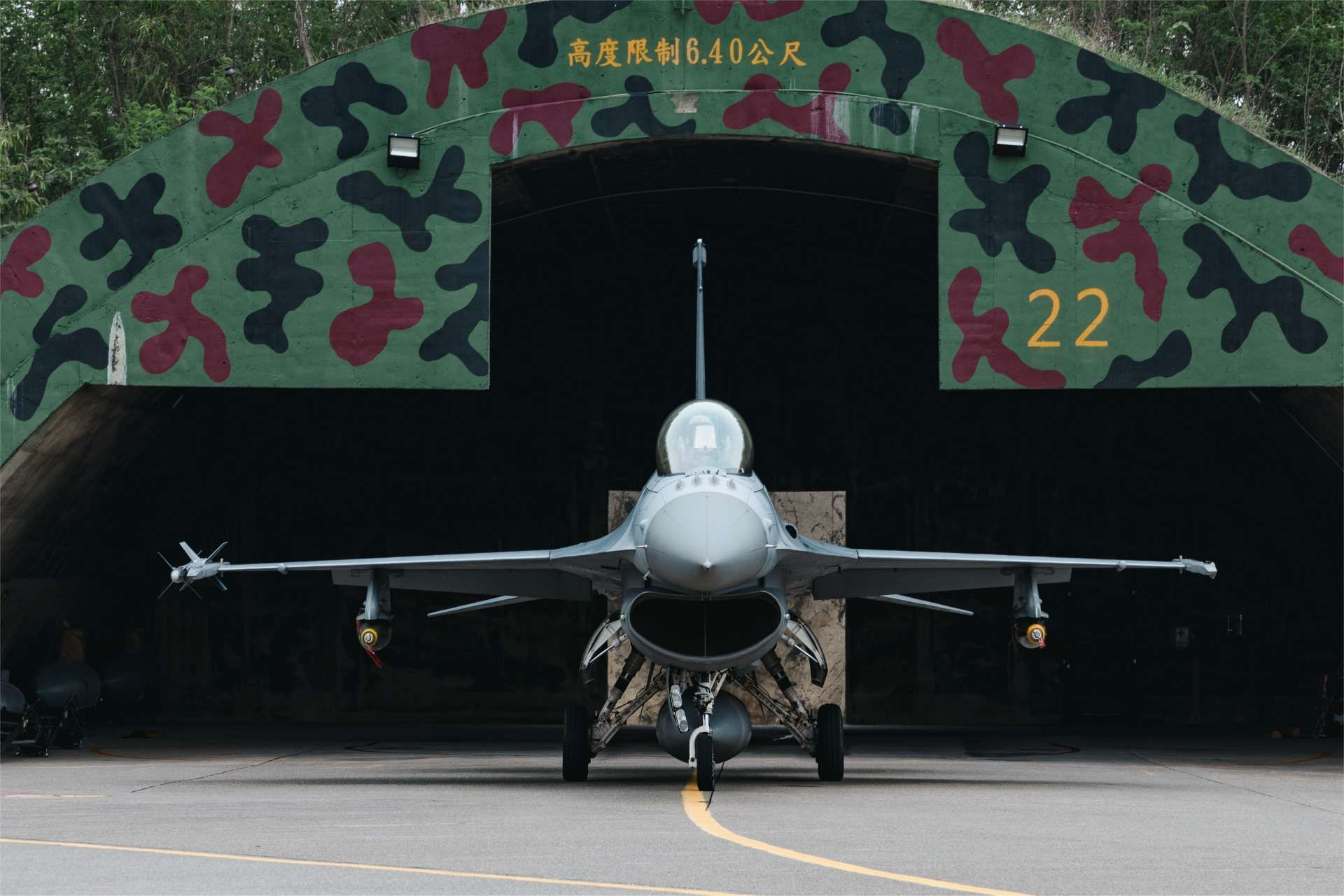Breaking news
US Approves Sale of F-16 Parts to Taiwan Amid Heightened Tensions.
The U.S. State Department has granted approval for two potential sales of F-16 parts and related equipment to Taiwan, totaling $300 million, as announced by the Pentagon on June 5, 2024. These agreements mark the fourteenth arms sale to Taiwan since U.S. President Joe Biden took office in 2021.
Follow Army Recognition on Google News at this link

Taiwan has approximately 141 F-16A/B fighter jets and, in 2019, signed a deal to acquire an additional 66 new F-16V jets from the United States, with deliveries anticipated to begin in the coming years (Picture source: Taiwanese MoD)
According to Pentagon's Defense Security Cooperation Agency (DSCA) press releases, the packages include both standard ($220 million) and non-standard ($80 million) spare and repair parts, components, consumables, and accessories for the F-16 aircraft, alongside other technical and logistic support services. The agency highlighted that these proposed sales aim to enhance Taiwan's capability to confront current and future threats by ensuring the operational readiness of its F-16 fleet.
The F-16 Fighting Falcon, initially developed by General Dynamics for the U.S. Air Force and introduced in the late 1970s, was a product of a unique consortium involving the U.S. and four NATO countries—Belgium, Denmark, the Netherlands, and Norway. This consortium was formed to boost their air defense without solely relying on U.S. military exports.
The F-16 officially entered service in January 1979 and is now utilized by the air forces of over 25 countries, including Taiwan, which first received F-16A/B jets in 1997 under the "Peace Fenghuang" program to strengthen its defenses against regional threats. These jets have been central to Taiwan's military strategy, featuring high maneuverability, advanced avionics, and capability for both air-to-air combat and ground attacks. Taiwan has continually upgraded its F-16 fleet to keep pace with evolving security needs, improving avionics, radars, and weaponry to sustain its effectiveness and readiness.
The DSCA also stated that these sales would strengthen Taiwan's national security and help maintain political stability, military balance, and economic progress in the region. It has notified the U.S. Congress of the potential sales, although this approval does not confirm that a contract has been signed. In response, Taiwan's Ministry of National Defense emphasized on Thursday that the sales would bolster Taiwan's combat capabilities as the Chinese Communist Party continues to impose restrictions on Taiwan's air and maritime training spaces and response times through grey-zone tactics, thereby limiting Taiwan’s right to self-defense.
The ministry urged China to cease all unreasonable actions against Taiwan, emphasizing that stability in the Taiwan Strait demands collaborative efforts from both sides. When asked about President Biden's consistent statements on defending Taiwan and his administration's approval of arms sales, Taiwan's Defense Minister, Wellington Koo, noted that these remarks underscore Taiwan's significance.
Koo stressed that peace and stability across the Taiwan Strait are crucial for global peace and prosperity and mentioned that Taiwan must enhance its self-defense and become a deterrent by aligning with the U.S. Indo-Pacific strategy—a key priority for the defense ministry.
Additionally, the Taiwan-U.S. Defense Industry Symposium opened in Taipei yesterday. There has been speculation that U.S. defense contractors attending the forum might meet with Taiwan's defense ministry officials to discuss the details of the arms sales and visit significant sites like the Chungshan Institute of Science and Technology and the Aerospace Industrial Development Corp. Minister Koo clarified that the forum serves as a platform for private sector exchanges and is unrelated to arms transactions.


























